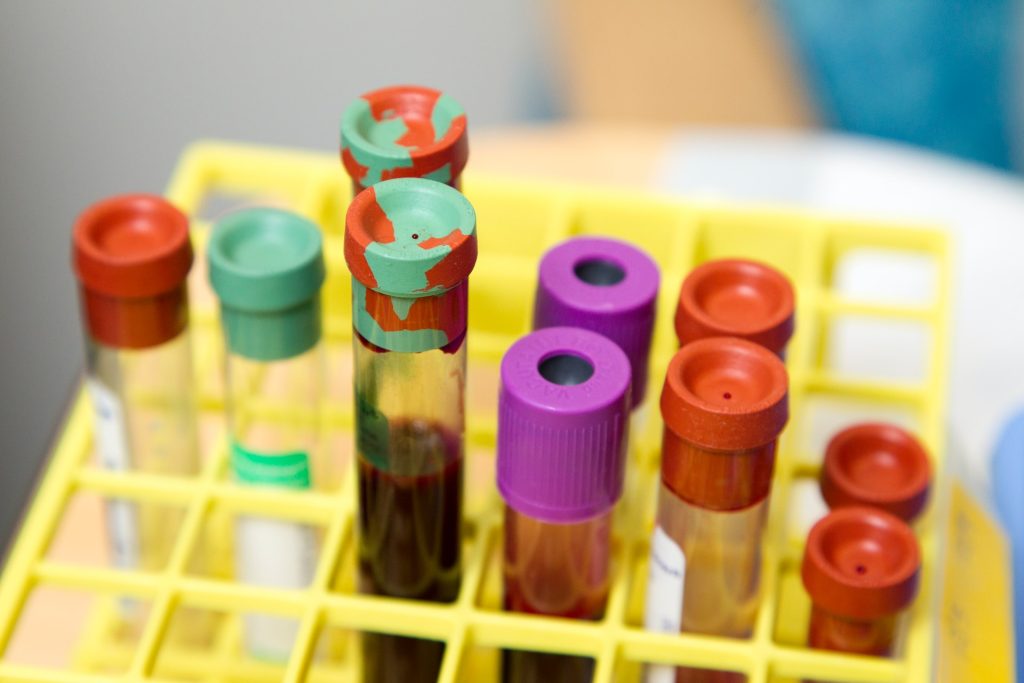New Mathematical Model for Potassium Homeostasis

Potassium is essential to normal cellular function, helping the cardiac muscle work correctly and aids in the transmission of electrical signals within cells. A new mathematical model published in PLOS Computational Biology sheds light on the often mysterious process of potassium homeostasis.
Using existing biological data, researchers at the University of Waterloo built a mathematical model that simulates how an average person’s body regulates potassium, both in times of potassium depletion and during potassium intake. Because so many foods contain abundant potassium, the body is continually storing, deploying, and disposing of potassium to keep it in a healthy range, ie the process of potassium homeostasis. Understanding potassium homeostasis is essential in helping diagnose the source of the problem when something goes wrong, for example, when kidney disease or medication leads to dysregulation.
“Too much potassium in the body, or hyperkalaemia, can be just as dangerous as hypokalaemia, or too little,” said study lead author Melissa M. Stadt, a PhD student in applied mathematics. “Dysregulation of potassium can lead to dangerous and potentially fatal consequences.”
The model could be used for a virtual patient trial, allowing researchers to generate dozens of patients and then predict which ones would have hyper- or hypokalaemia based on different controls.
“A lot of our models are pieces of a bigger picture,” said Anita Layton, professor of applied mathematics and Canada 150 Research Chair in mathematical biology and medicine. “This model is one new and exciting piece in helping us understand how our incredibly complex internal systems work.”
The model is especially exciting because it allows scientists to test the muscle-kidney cross-talk signal hypothesis. Scientists have hypothesised that skeletal muscles, which store most of the body’s potassium, can directly signal to the kidneys to dump potassium when there’s too much stores, and vice versa. When the mathematical researchers tested the hypothesis in their model, it more accurately reflected existing biological data regarding potassium homeostasis, suggesting that muscle-kidney cross talk might be an essential piece in the puzzle of potassium regulation.
Source: University of Waterloo

